There is a lot of debate between laundry detergent sellers and buyers to compare powder detergent and decide which one is better.
There are several factors to consider when choosing between liquid detergents, powder detergents, and single-dose pods.
These include the type of stain you need to remove as well as the quality of the water in your home. This article will help you explore your options so you can choose the best option for your family.
Although each has its advantages, each type of detergent has advantages and disadvantages depending on the size of the dispenser, the type of water and the most common stains. Be sure to always follow the detergent manufacturer’s directions for use.
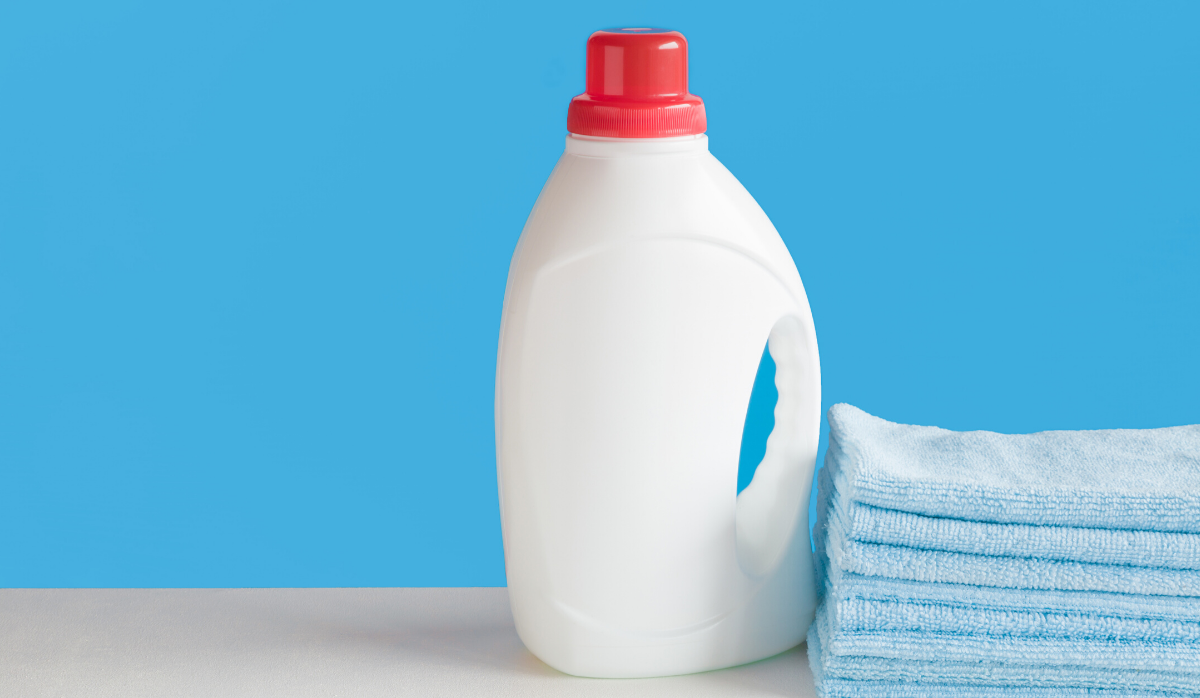
Laundry detergents, either powder or liquid, may help remove stains, although effectiveness varies depending on the type of stain.
Mud, grass, and clay stains can be cleaned using strong detergents that can be used on powder detergent formulas, but not on liquid detergent formulas. Liquid detergent is ideal for removing grease or oil stains from everyday items due to its ability to help loosen and remove fabric stains.
When comparing the cost per load of powder and liquid detergent, powder detergent is often cheaper. It usually costs less to make and ship than liquid detergent, making it more affordable for you to buy.
Since water is the main bulking ingredient in liquid detergents, it dissolves quickly regardless of temperature. As a result, less build-up is more likely on your laundry or clothes.
Just make sure you use the right dosage to avoid excessive lather, residue, or unwanted odors. Improper decomposition of detergent powder may lead to the accumulation of its residues.
When this is done with cold or hard water, it can leave white spots on your clothes or collect in your washing machine drain.
If your model has an additional rinse option, use it to make sure the load is thoroughly washed.
Although liquid detergent is a good choice because of its easily accessible container, it’s easy to over- or under-dose due to eager pouring or a hard-to-see measuring cap.
Although calculating detergent powder is simple, putting it in the washing machine without spilling can be difficult. Each alternative can be properly dosed by accurately measuring and distributing the detergent in the washing machine.
Some detergent filler components may not completely dissolve in the wash, resulting in a clogged septic system or obstructions that prevent your washing machine from draining properly.
If liquid detergent is used according to the dose on the product label, the possibility of septic problems is less. If you’re going to use powdered detergent, check the label to see if it’s disinfectant-safe before use.

Liquid detergent cleans more thoroughly in untreated hard water. It is more resistant to the effects of hard water because its contents do not react with those minerals.
You can still use powder detergent with hard water, but you usually need to use more detergent to get a good clean. Always follow the instructions on the detergent bottle provided by the manufacturer.
According to experts, your decision for powder, powder or liquid detergent will be determined by your needs. For example, powder is affordable, long-lasting, waste-free and ideal for heavily soiled clothes.
Liquid detergents, on the other hand, may be used as a spot treatment or for hand washing, work better in cold water, and are easier to measure. The pods are also easy to use, light and portable and do not leave any traces of their presence.
Benefits of washing powder: The liquid is less dirty.
It usually costs less per load than liquid or pods.
Because it lasts longer on the shelf than liquids or pods, it will last longer.
Packaging that is more environmentally friendly
The amount of powder used for each batch may be adjusted.
Light to liquid detergents work well on heavily soiled clothing such as sportswear.
Disadvantages: Some detergents may not dissolve completely in cold water and remain on the clothes.
It may be used to pre-treat clothes, but it must be dissolved or made into a paste beforehand, which adds a step to the washing process.
Pods should always be kept clean and dry.
Advantages of liquid detergents
Because the detergent has already dissolved, it cannot remain.
Compared to washing powder, it dissolves more easily in cold water.
May be used as a spot treatment for a variety of stains, reducing the need for additional solutions.
Cap simplifies measurement.
May be used for hand washing
Effective for removing grease and oil stains
Disadvantages: Usually very messy, often thick and heavy, increases the possibility of using too much detergent because it flows quickly.

Almost all brands are now ready for use in high efficiency or front load washers. Just look for the “HE” (High Performance) logo to be sure.
Liquids, pods and powders can be used at any temperature of the wash water. Although it can be challenging to find an off-label detergent, you can use laundry detergent in a standard top-loading machine.
Remember that the price of a detergent, whether liquid, pod or powder, is not always the best indicator of how effectively it will clean your clothes.
The key is to check the product’s ingredients list thoroughly. Detergents will work better if they contain more active ingredients, such as enzymes that dissolve stains and surfactants that lift dirt from clothes and suspend it in water.
Liquid laundry detergents have dominated the detergent industry since they first appeared on store shelves in the mid-1950s.
They are available in a variety of scents, are easy to use and spread evenly in the wash water. As with most things, there are pros and cons.
Powdered detergents have been used since the 1930s and are more economical than liquid or pods per load. As more consumers switch to liquids and pods, there aren’t many left on store shelves.
Retailers have played a role in this due to the demand for bulk boxes of powder for shelf and storage space.
Despite being more environmentally friendly than plastic bottles, cardboard boxes are heavier and have a greater environmental impact due to increased shipping costs.
As a wholesaler, we supply many markets in the detergent industry, if you are interested in trying our quality and affordable products, you can contact us.
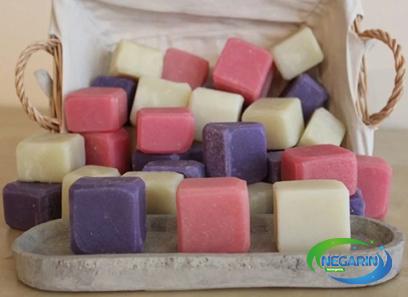
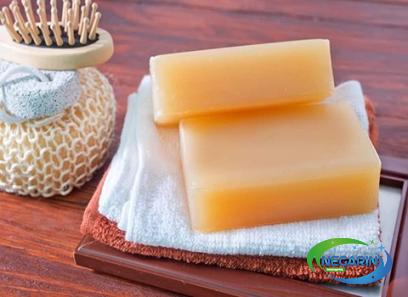
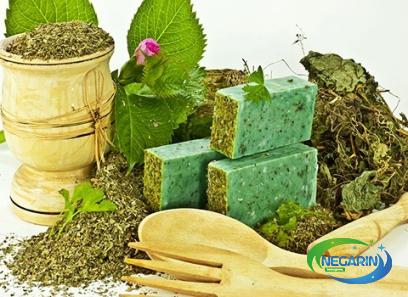




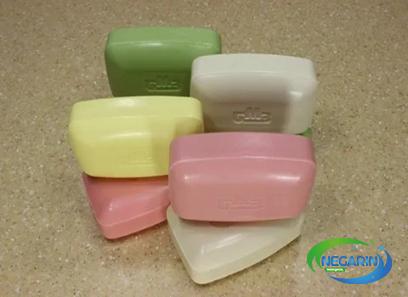


Your comment submitted.